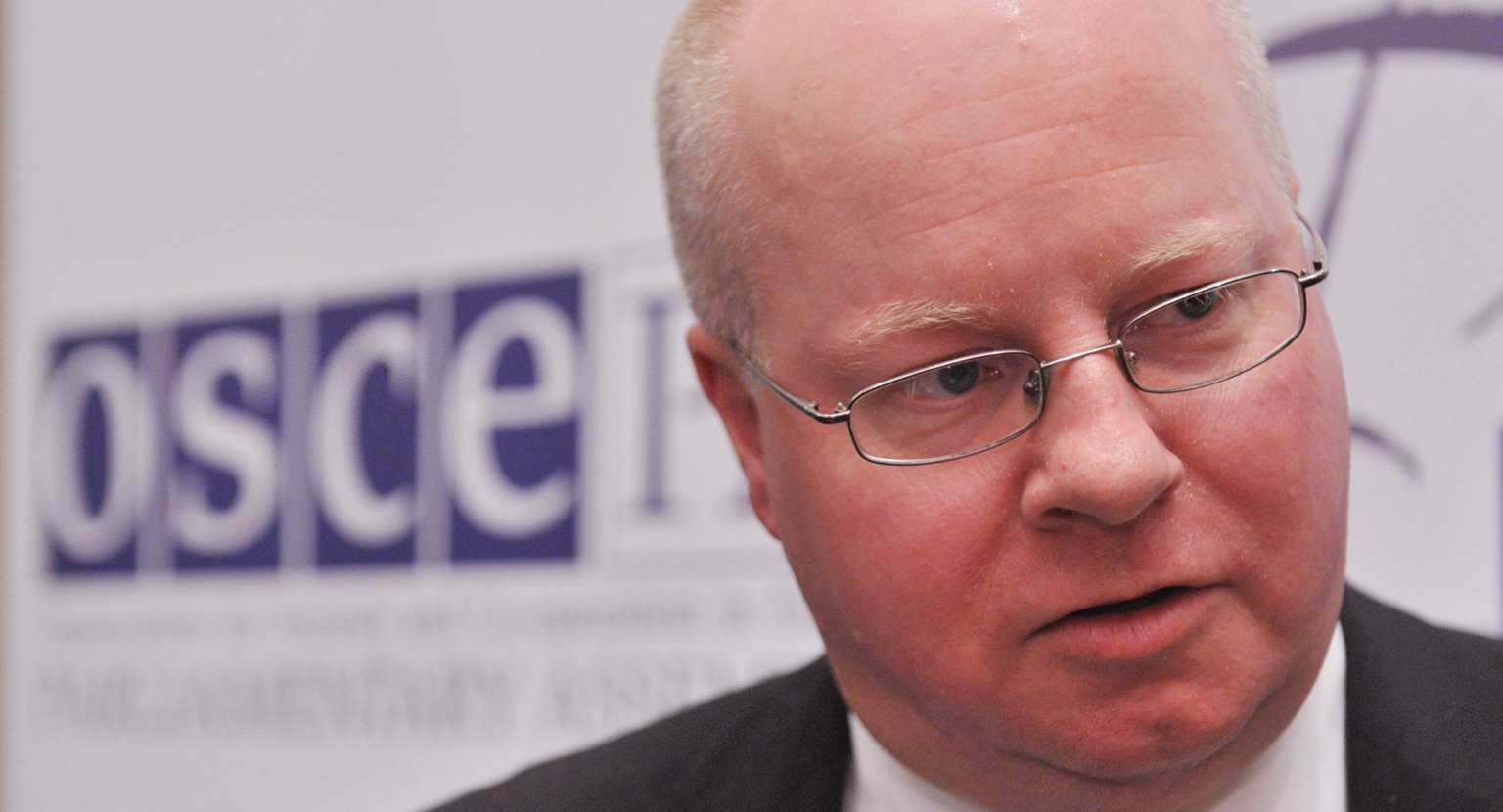Morten Hoglund, Norway’s senior representative at the Artic Council, said his country has brokered an agreement to restart working group activities at the forum, which were suspended since Russia’s invasion of Ukraine in 2022.
THE WATCH STAFF
The Arctic Council’s eight member states have agreed to resume activities at the working group level after a long pause sparked by Russia’s invasion of Ukraine in February 2022
The council includes countries with territory in the Arctic region: Canada, Denmark, Finland, Iceland, Norway, Russia, Sweden and the United States.
Seven of the council’s western nations agreed to pause their activities in March 2022 to protest Russia’s aggression in Ukraine.
Since assuming the rotating chair of the council in May, Norwegian leaders have said they want to find a way to resume at least some of the full council’s activities such as environmental protection and sustainable development.
The decision to resume activities was reached in consultation with six Indigenous organizations that are permanent members of the council, the High North News reported on September 12.
“We are pleased that Russia and the other Arctic countries wish to resume the Arctic Council’s work. This is the best basis for movement,” Norway’s Arctic Ambassador Morten Hoglund told the news site.
Created in 1996, the Arctic Council was designed to be a high-level cooperative forum among the region’s eight states and Indigenous people to work together on issues such as sustainable development and environmental protection.
In all, nearly 40 countries and organizations hold observer status, but high-level meetings and decisions are reserved for the eight member states.
Last year, the seven western Arctic states started to work on council project work without Russia. Russian officials now want to participate, Hoglund said.
“We have had good sessions on different issues in the active dialogue with Russia, as with the other countries. Because it took a few rounds before we jointly reached a consensus on the guidelines. Nonetheless, Russia and the other member countries are interested in resuming the council’s work. When needed, we have contact and meetings with the Russian side, and the conversation is constructive and OK,” he said.
But Hoglund told the High North News that much is left to be decided on how closely the western Arctic countries will work with Russia.
“We have not made any overall decision on what is to be cooperated on or how extensive the cooperation will be. Getting back to the collaboration we had before the invasion of Ukraine in February 2022 will require a lot of time, of course. But we aim to resume large parts of our work in several important fields, such as climate, ,” he said.
While the working groups will now resume, political issues are still on pause, Hoglund said.
Normally, the senior representatives of the eight member states meet every six months. Those meetings aren’t on the table at this point, Hoglund said.
The council’s six working groups include wildlife, emergency preparedness and response, marine environment, contaminants, black carbon and methane, sustainable development, and Arctic monitoring and assessment.

